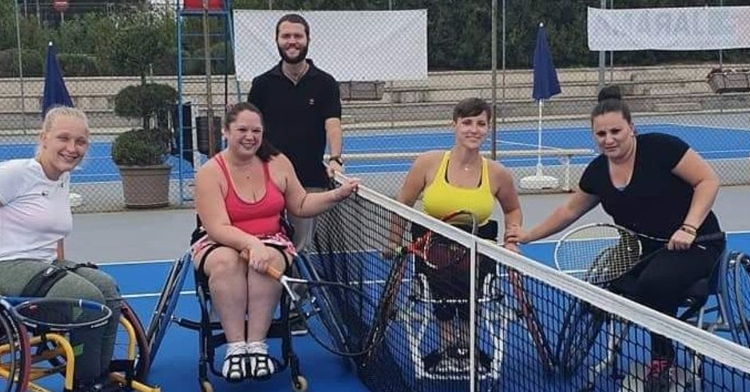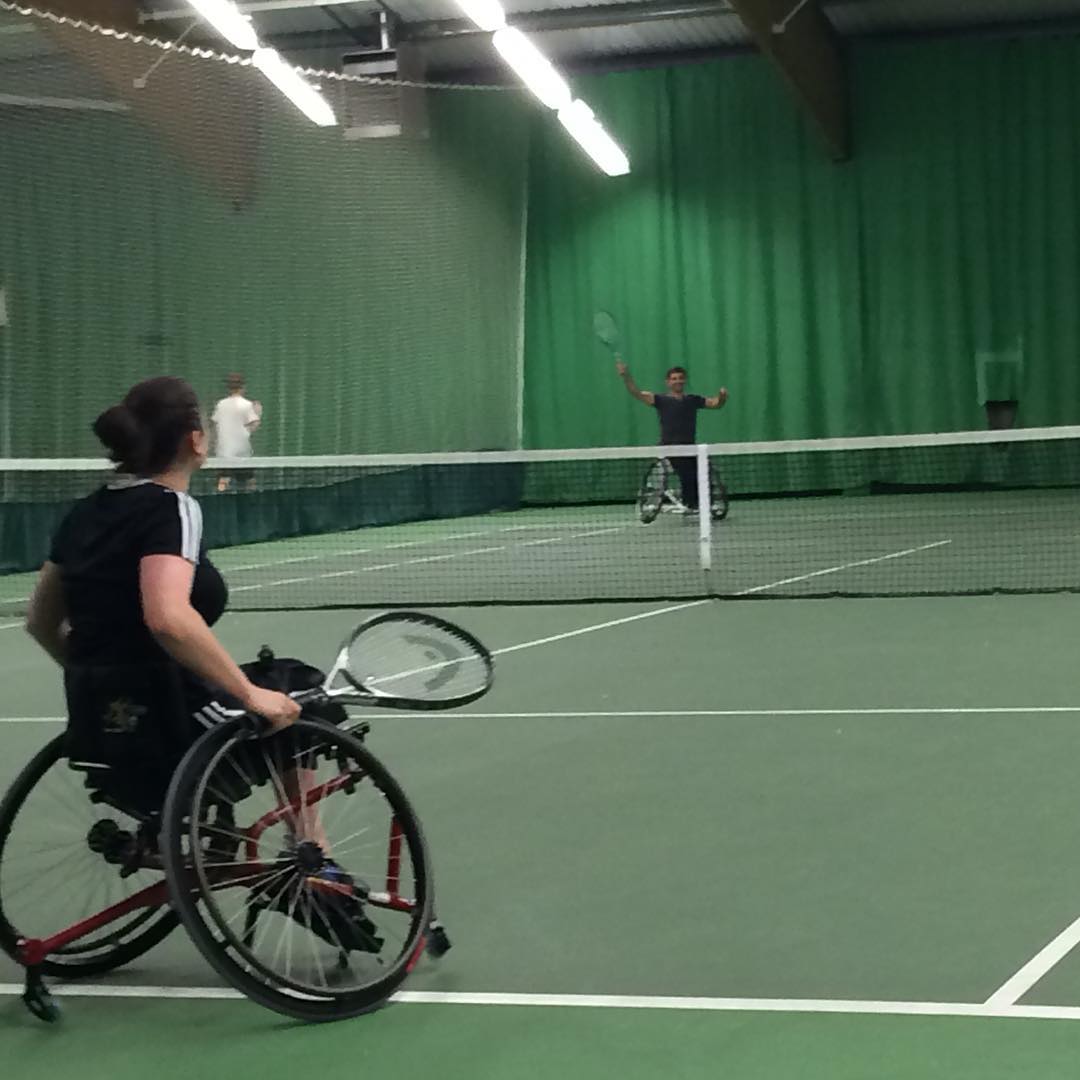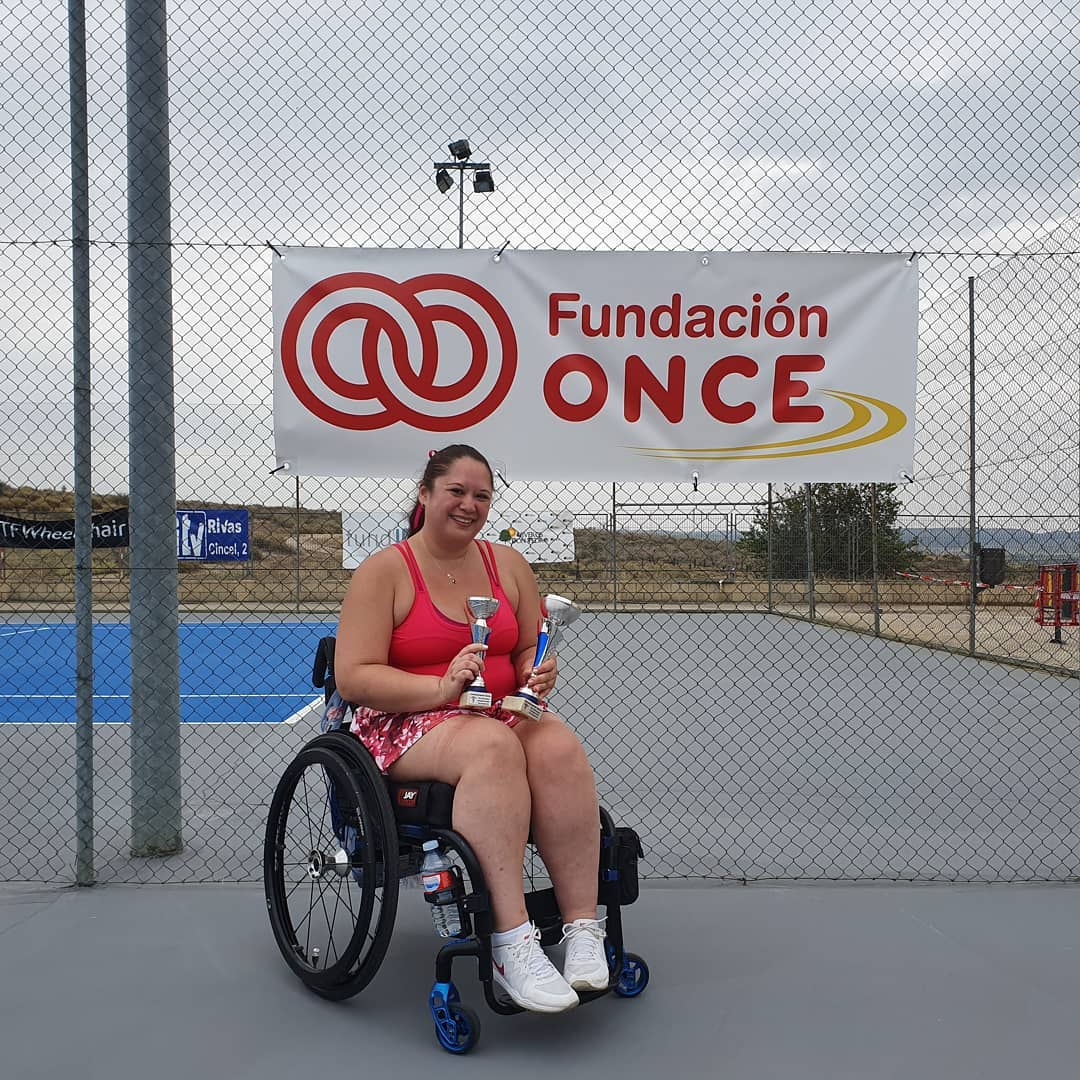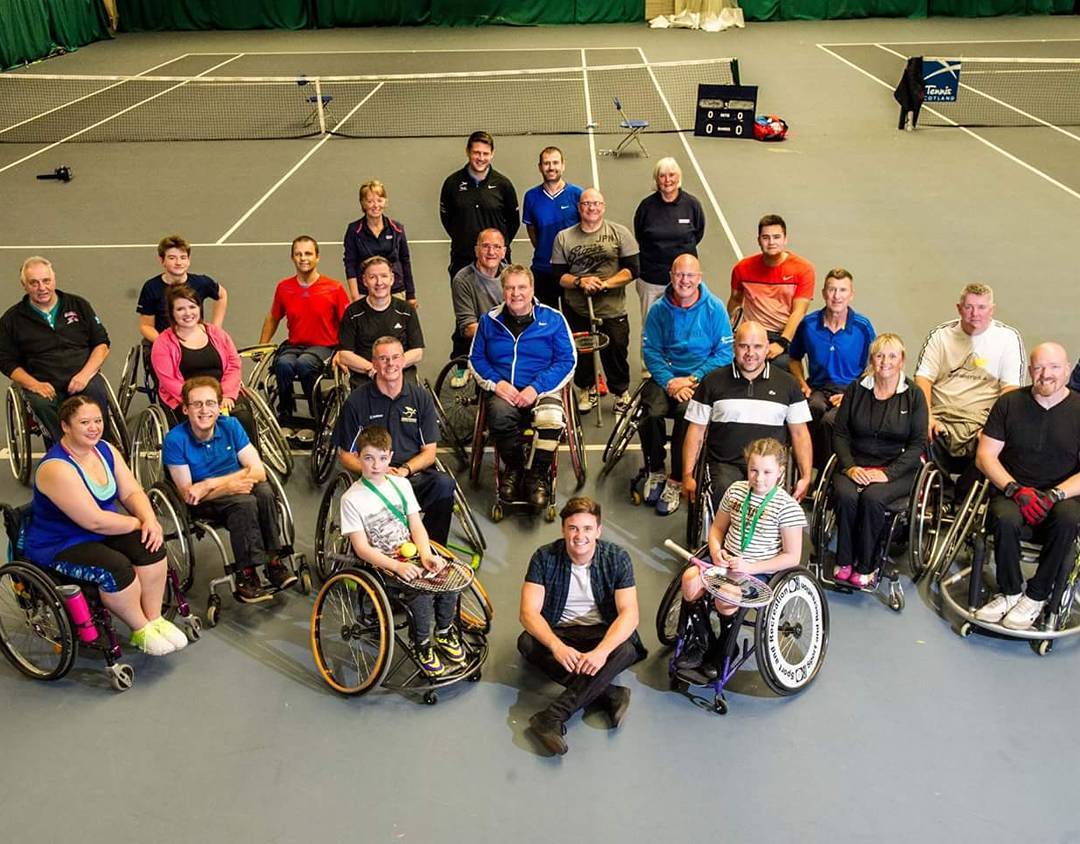Before May 2014, Tabitha Fung was a marketing executive who traveled all around Great Britain for her job.
Videos by InspireMore
She was an active 31-year-old who hit the gym several times a week and lived in her own flat in Birmingham, England. Then, one morning, she woke up to find that she couldn’t move her body from the waist down. In a panic, she called emergency services, praying that her sudden and unexplained paralysis was temporary.
“It was so frightening, suddenly not being able to move, being trapped on the bed,” Tabitha recalled. “I ended up calling an ambulance and was taken to hospital, where they did all sorts of tests. At first, they thought it might be a condition called cauda equina syndrome, which is where all the nerves in the lower back suddenly become severely compressed, but they ruled it out.â€
Without any answers or any sort of prognosis, Tabitha wasn’t sure what her future held. She spent four months in the hospital as doctors struggled to figure out what had happened. She was laid off from her job, and when she was released from the hospital she had to move back in with her parents until she learned to get around independently.
“I just felt like I’d lost everything,” she said. “I even lost a few friendships not long after my paralysis, but my family have been a constant. They are the people who have pulled me through.”
As she began to rebuild her life, Tabitha joined an accessible gym and learned to operate a Motability car. She started to feel more independent each day, so when a friend mentioned trying wheelchair tennis at the gym, she decided to go for it.
“I’d never played or even watched tennis, so I really didn’t think it was for me, but I agreed to give it a try. I went down for a try-out day at a local club and immediately, I was hooked. I felt like I had a new escape. I had an amazing tennis coach called John whose wife used to play wheelchair tennis. She let me borrow her tennis chair for matches.”
Tabitha began to play in tournaments, and she was good. Eventually, John and his wife gave Tabitha a tennis wheelchair, which are sold for about $1,900. With the special chair, Tabitha took her game to the next level! She’s been traveling all over Great Britain and throughout Europe to complete.
“I’ve competed in tournaments in France, Portugal, and Spain,” she said. “I love the atmosphere of competing and I love meeting new people. I’ve made some really good friends through wheelchair tennis.”
Unfortunately, Tabitha still lives her life with chronic pain, and her back is slowly deteriorating. She continues to undergo testing and procedures to find answers, but in the meantime, tennis has given her something to look forward to and work towards. Most importantly, it has given her back her optimism and zest for life.
“I wake up every day and I’m grateful that I can sit up and get on with my day,” Tabitha said. “I’m going to live every day to the max because life is really short. Not long after this happened to me, I could feel myself slipping into a depression. I had to say to myself, ‘You can either cry about what you can no longer do or you can get on with life and find new ways to do the things that you want to do.'”
Tabitha now has a new job and has even taken a vacation alone for the first time, something she never would have dared to do before her paralysis. She’s making new friends on the tennis courts, and she’s living life to the fullest. She’s reminding us all to enjoy every moment of our lives, and never take anything for granted.
Please share this story to celebrate Tabitha’s tennis skills and to wish her well.
Want to be happier in just 5 minutes a day? Sign up for Morning Smile and join over 455,000+ people who start each day with good news.







